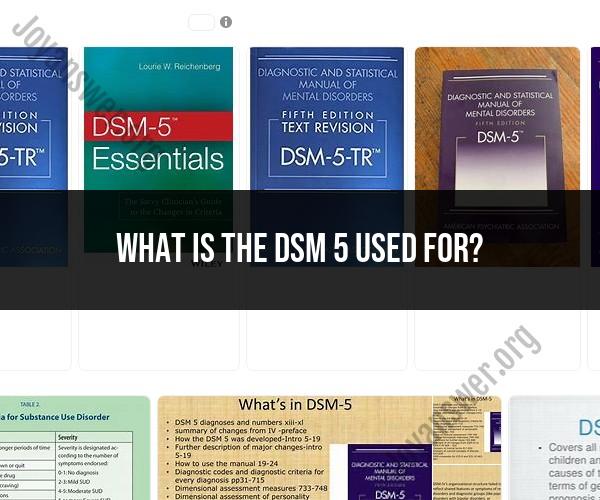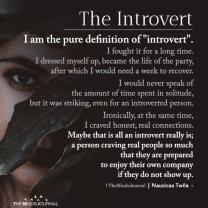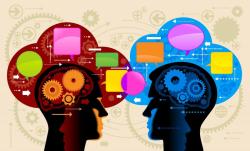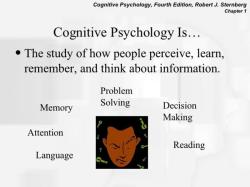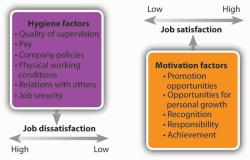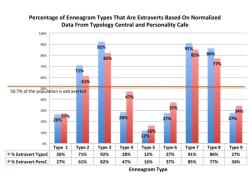What is the DSM 5 used for?
The DSM-5, which stands for the Diagnostic and Statistical Manual of Mental Disorders, Fifth Edition, is a comprehensive classification system and diagnostic tool used by mental health professionals to diagnose and classify mental disorders. Here are its primary purposes and utilities:
Clinical Diagnosis: The DSM-5 provides a standardized set of criteria and descriptions for mental disorders, enabling mental health professionals, including psychiatrists, psychologists, social workers, and counselors, to make accurate and consistent diagnoses. It helps clinicians recognize and identify the signs and symptoms of mental health conditions in their patients.
Treatment Planning: Once a mental health disorder is diagnosed using the DSM-5, clinicians can use this information to develop a personalized treatment plan for the individual. The manual offers guidance on evidence-based treatment options for specific disorders.
Communication: The DSM-5 serves as a common language for mental health professionals. It allows clinicians to communicate effectively with each other, ensuring that diagnoses and treatment plans are understood and shared accurately among healthcare providers.
Research: The manual plays a crucial role in mental health research. It provides a standardized framework for studying and categorizing mental health conditions, allowing researchers to investigate the causes, prevalence, and treatment of various disorders. It also helps in clinical trials and studies aimed at improving mental healthcare.
Insurance and Reimbursement: Insurance companies often use DSM-5 diagnoses to determine eligibility for mental health benefits and reimbursement for treatment services. A formal diagnosis from the manual can be necessary to access insurance coverage for mental health care.
Education and Training: Mental health professionals, including students, use the DSM-5 as a fundamental resource for learning about mental disorders. It is a standard reference in psychology and psychiatry training programs.
Legal and Forensic Settings: The DSM-5 can be used in legal and forensic contexts, such as in court cases to establish the mental health status of individuals involved in legal matters.
Public Health Policy: Policymakers and public health officials use data based on DSM-5 diagnoses to make decisions about mental health policy, resource allocation, and public health initiatives.
It's important to note that the DSM-5 is periodically updated to reflect advances in our understanding of mental health. The manual is widely recognized and used globally, but it also has its critics and limitations. Some argue that it can lead to overdiagnosis or pathologize normal variations in behavior. Mental health professionals use the DSM-5 as a valuable tool in conjunction with clinical judgment and consideration of an individual's unique circumstances to provide the best possible care.
